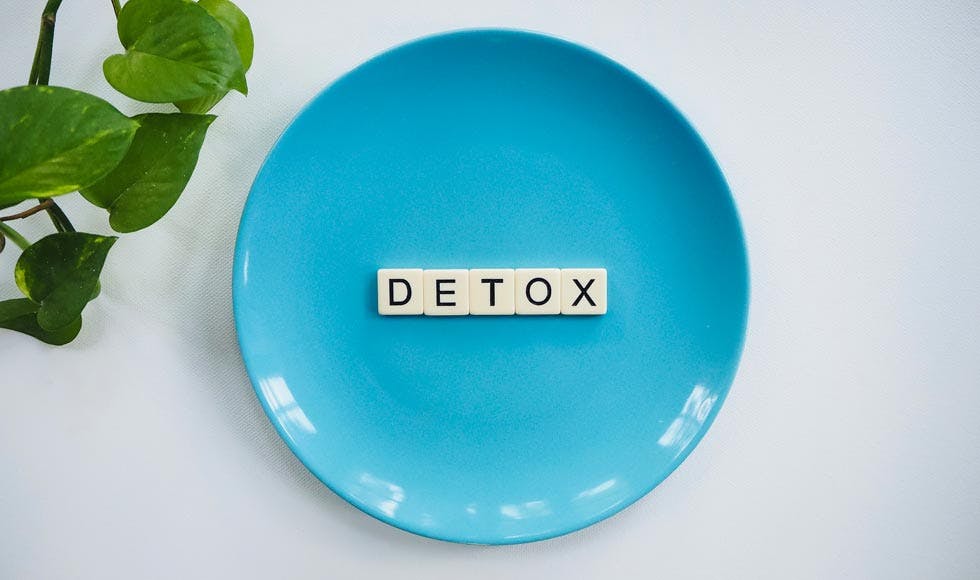
- Health hub/
- Weight management/
- Sleep your way to a flat belly


How body fat affects sleep
Excess body fat is the most common risk factor for obstructive sleep apnea (OSA). OSA occurs due to a repetitive obstruction of the upper airway during sleep. Excess fat deposits can affect the mechanical process of breathing, and play a role in determining the severity of OSA.
Firstly, fat in the neck is thought to compress upon the upper airway and restrict air flow.
Secondly, body fat stored in the chest-wall can compress the rib cage and reduces lung volume, while finally, abdominal fat is thought to increase the chance of upper airway collapse.
OSA affects both men and women, although it is twice as likely to occur in men. This may be related to the location where men tend to store body fat, which is around the abdomen, while women tend to store fat around the hips, buttocks, and thighs.
The research on sleep and belly fat
Research published in the journal Sleep examined the gender differences in the distribution of body fat, and the impact this had on OSA.
The researchers found that in both men and women, it is centrally located rather than peripherally located fat that contributes to the development and severity of OSA. This finding points the finger at visceral fat, a type of fat that accumulates in the abdominal cavity, especially around the body's organs.
According to the researchers, the role of abdominal fat in upper airway instability is increasingly recognised.
However, there were substantial sex-based differences in the association between fat distribution and severity of OSA. The percentage of abdominal fat was most clearly associated with OSA severity in men, while neck fat was associated with OSA severity in women.
The researchers noted that men and women who were similar in respect to measures of body mass index (BMI) and waist circumference displayed clear differences in fat and lean mass distribution. They suggest that reliance upon BMI or waist circumference to indicate body fat levels and its distribution may lead to inaccuracies, and that more reliable measures should be used.
Does better sleep accelerate fat loss?
If poor sleep can trigger the storage of fat, will improved sleep trigger its removal?
This is what researchers investigated in a study published in the Annals of Internal Medicine. Subjects followed the same low kilojoule diet for 2 weeks, and slept for either 5.5 or 8.5 hours each night. After a 3 month break, the experiment was repeated, this time swapping around the sleep duration of each participant so they all experienced both interventions.
It was discovered that the less they slept, the more likely they were to experience increased hunger, a reduced metabolic rate, and hormonal changes (increased ghrelin- an appetite stimulating hormone) that are unfavorable for weight control.
While both groups achieved a similar amount of weight loss (approximately 3 kilograms), the participants with longer sleep reported significantly more fat loss. The proportion of weight loss as body fat was 56 percent in subjects who were well-rested, while those with only 5.5 hours sleep lost only a quarter of their weight as fat.
Subjects with poor sleep lost a higher proportion of fat free mass (including muscle) during their weight loss, triggering a raft of changes that make it harder to stay on a diet, and increase the rate of weight re-gain afterwards.
The implications for your lifestyle
These studies highlight the importance of good sleep for weight control. Poor sleep is associated with abdominal fat in men, and neck fat in women. On the other hand, good sleep can significantly boost the rate of fat loss during a low kilojoule diet.
References available on request




